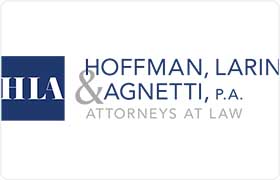Long Key Credit & Debt Lawyer, Florida
Sponsored Law Firm
-
 x
x

Click For More Info:
-
Hoffman Larin & Agnetti, P.A.
909 N Miami Beach Blvd Suite 201 Miami, FL 33162» view mapBankruptcy and Debt Experience and Results Matter
Hoffman, Larin & Agnetti have offices in South Florida. We have a long list of satisfied, well-represented clients since our firm opened in 1975.
800-893-4280
Not enough matches for Long Key Credit & Debt lawyer.
Below are all Long Key lawyers.
Charles Brodzki
Personal Injury, Criminal, Family Law, Tax
Status: In Good Standing Licensed: 44 Years
FREE CONSULTATION
CONTACTJoe F Miklas
Other, Commercial Real Estate, Entertainment, Federal Appellate Practice
Status: In Good Standing
James Joseph Dorl
Immigration, Government, Child Custody, Criminal
Status: In Good Standing Licensed: 38 Years
Urban J W Patterson
Commercial Real Estate, Real Estate, Estate Planning, Business
Status: In Good Standing Licensed: 41 Years
 Martin Hoffman Miami, FL
Martin Hoffman Miami, FL
